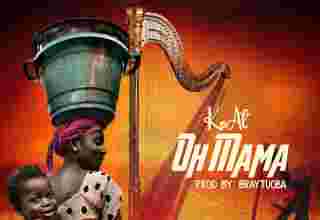
The persistent surge in prices of general commodities seems to be affecting the availability of livestock needed for the Eid-ul-Adha festivities.
Customers at the Tulaku market during Eid-ul-Adha were shocked by the exorbitant rise in prices of livestock.
Overall, there has been a substantial surge in prices of goods in recent months.
The global observance of Eid-ul-Adha by Muslims has further driven up prices of essential goods. Livestock are essential for the celebration, but the prices of rams and cattle have more than doubled.
The Tulaku livestock market is arguably the primary hub for livestock trading in the Kpone Katamanso district of the Greater Accra Region.
Muslims from various locations flocked to the market to make purchases for the celebration, only to be surprised by the escalating prices of livestock.
Ayisha, a frequent customer at the market, intended to purchase a cow for fourteen thousand cedis, while she bought a similar animal for six thousand five hundred cedis last year.
She expressed concerns that the current prices of livestock at the market could be a hindrance to those without sufficient financial means.
The prices of rams, which were below five thousand cedis last year, have surged by more than one hundred percent.
Sule Amando, a seasoned livestock vendor at Tulaku for over two decades, rationalizes the price hike.
In an interview with Stanley Nii Blewu of 3news.com, he explained that, “the reason livestock prices have shot up is that whenever the cedi depreciates against the CFA we also adjust our price to correspond with the forex rate.”
The prices of cattle here range between six thousand and seventy thousand cedis.
Sule who targets affluent customers said patronage has been low this year.
“Four, five years ago, patronage of livestock was encouraging the same cannot be said this year. Market has really been slow”, he said
For Mohammed Osman and his brother Ahmed, the continuous devaluation of the cedi against other trading currencies, along with the exorbitant cost of feed, dictate the prices of their livestock.
Mohammed expressed, “The feed required for our cattle has posed a significant challenge. We invest substantial amounts in their feed and medication, which greatly burdens our finances. Focusing solely on the existing challenges may lead one to view the livestock industry as an unfavorable pursuit.”
The surplus of livestock offers an opportunity for feed vendors to capitalize on the situation.
Conversely, herders who cannot afford the costly feeds resort to grazing their herds.
The persistent high prices of livestock are anticipated to persist even post the Eid-ul-adha festivities, as the factors driving the price surges remain unaddressed.





















